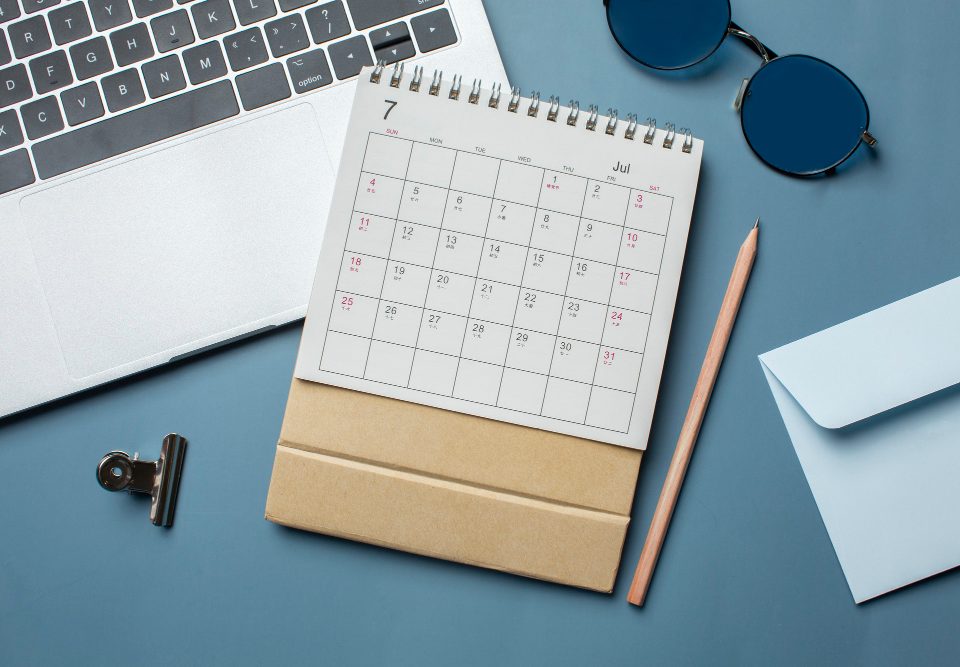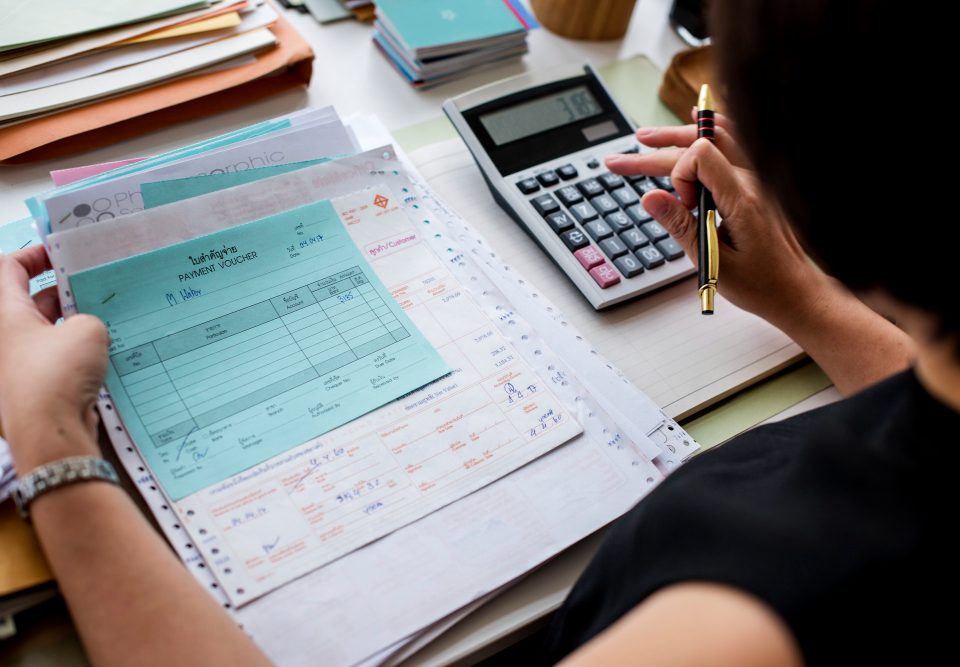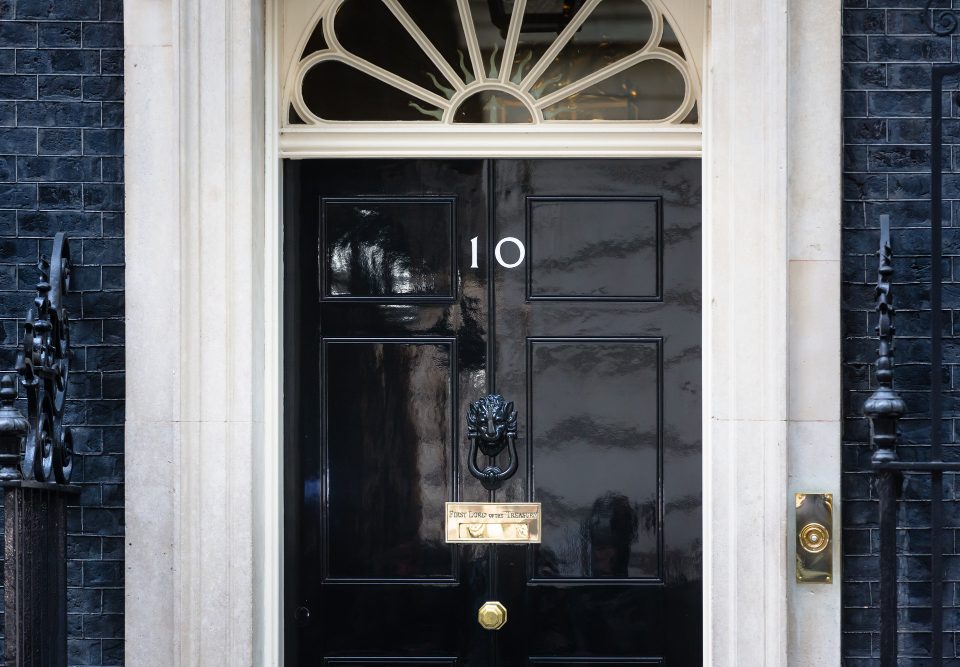If you’ve been keeping up with our latest content, you’ll know by now just how important it is that you file your self-assessment on time. Not only does staying ahead of the deadline make life easier for you, but it also helps you keep track of finances, remain on the right side of HMRC, and reduce the chance of penalties.
So, we’ve covered individual self-assessments in our most recent blogs, but what about partnerships? From sharing the costs and responsibilities of running a company, to being able to divvy out the workload, entering a business partnership has a lot of great perks. There’s a range of partnership formats out there; you could be spouses, mates, colleagues, or even family members. One of the biggest advantages is that you can partner up with someone who has a contrasting skillset to you – when combined with your own talent and knowledge, you might find yourself in a stronger position to run a business.
Being in a partnership means you also split your tax duties. In this guide, we run you through how filing your tax return as a partnership differs to filing solo, and how we can help you with the process.
Filing as a partnership
A common misconception for first time filers is that partnerships only need to file together. This would be the wrong assumption to make. When you’re part of a partnership, you’re expected to register and file for your usual self-assessment, as well as for a separate self-assessment tax return that is done on behalf of the business.
How does a partnership tax return work?
You and your partner must decide between you who will be the ‘nominated partner’ within your company. Once agreed, this person is responsible for registering for self-assessment before the deadline along with completing the relevant paperwork ahead of the filing submission deadline later in the year.
So, on top of filing your individual self-assessment tax return, partnerships will be looking to submit additional pages relating to their joint profits. The partnership tax return, known as the SA800, breaks down the partnership’s overall income and how it was divided. Tax will then be calculated based on each partner’s share and how much other taxable income they report.
It’s also the nominated partner’s responsibility to keep an accurate and up-to-date record of all business finances throughout the year. Remember, HMRC can request evidence at any time so it’s important to remain organised when it comes to this task.
While the nominated partner is held accountable for meeting filing deadlines, that doesn’t mean the other partner can’t get involved to give a helping hand. As with all the best partnerships, supporting one another and sharing the workload is often the key to success. Whether it’s just to check over the completed documents before submission to spot any potential errors, or helping to locate the necessary financial documents, there are many ways in which to support your partner when it comes to filing. After all, two pairs of eyes are always better than one! Doing this way ahead of the deadline is best.
Double the late submission, double the fine!
If your supplementary tax return papers fail to be submitted before the deadline, HMRC will hit you with a £100 penalty…each! These penalties will increase as time goes on and the longer you leave your tax return unpaid. Any subsequent late filing penalties will also be applied to each partner individually, rather than you splitting the costs between you.
To avoid any pesky penalties, here’s a reminder of the partnership tax return deadlines you’re working towards:
5th October – Register to file
31st October – Paper tax return deadline
31st January – Online tax return and tax payment deadline
How can Baa help?
Think of Baa as your second partnership – while you already have a partner to share risks, responsibility and rewards of business life with, let us be your partner in financial success! We won’t just do the basics and send your tax return off for you; we’ll make sure your taxes are optimised first, by leveraging tax reliefs and claiming back costs where possible as allowable expenses.
Our accountants are well-versed in navigating small business compliance and tax legislation, ensuring you won’t make a mistake on your self-assessment that could land you a penalty for inaccuracy. If you want to sleep soundly knowing you’ve completed everything correctly and avoid tax headaches, filing your self-assessment with us is the way to go.
Ready to free up your time? Hand your accounts over to us and we’ll take the burden of filing from you. Head to our self-assessment page for a breakdown of our services and more info.










